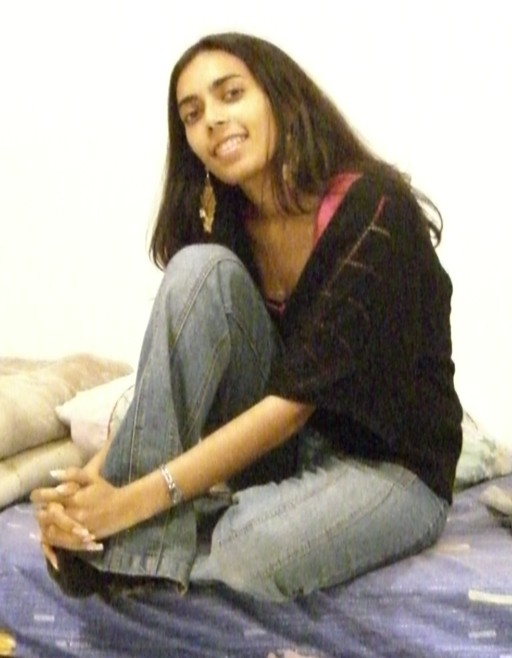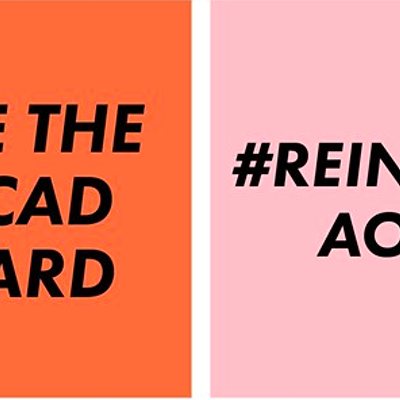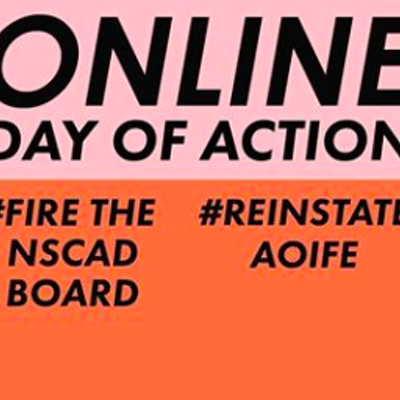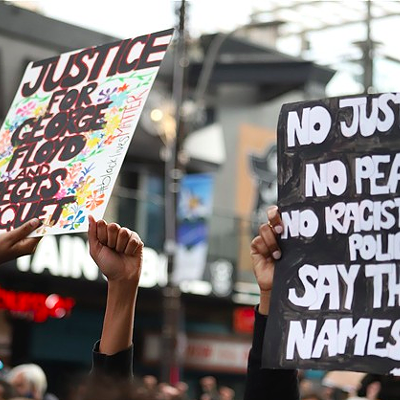Nazia Quazi was taken to Saudi Arabia by her father in November 2007. Because of that country’s archaic gender laws, women of any age are subject to male “guardianship.” In the 24-year-old Quazi’s case, her father has taken her passport, and refuses to sign an exit visa allowing her to leave the country.
“In this country, it’s all about the father,” she says over the phone from Riyadh, Saudi Arabia. “Whatever he does, he doesn’t need his daughter’s permission; she doesn’t have to be there when he does certain things. My father used all the laws to his advantage. And so, I’m here---I can’t move, I can’t travel, I can’t open a bank account, I can’t go to hospital. I’m really not in a position to do anything. I don’t have my freedom, I can’t do anything, which basically sucks. It’s really frustrating, because it’s been over two years and no one’s taking me seriously, that’s the thing.”
Quazi, who holds a degree in computer science from the University of Ottawa, wants to return to Canada, complete a master’s degree and resume a normal Canadian life. “I’ll never leave Canada after I come back,” she says.
Canadian government slow to act
Quazi says that throughout her life she has been beaten and abused, and that her father has put a knife to her throat.
Her family moved to Canada in 2001, although Quazi says her father has maintained a residence in Saudi Arabia, where he works for a bank, for 25 years. Quazi went to high school in Canada and became a citizen in 2005.
In 2007 she traveled on holiday to Dubai to visit her boyfriend. But when her parents learned of the trip, they flew to Dubai to intervene. Her father took her to India, and then to Saudi Arabia on a three-month visa. But, without her knowledge or consent, Quazi’s father changed the visa to a permanent visa.
Ever since, she says, she has been pleading with the Canadian embassy to intervene, but has gotten next to no response.
“When I try to contact them, I don’t get a positive response of any kind. They always say, ‘we’re still trying, we haven’t heard anything yet, but when we do we will let you know.’ There’s never a real straight-up answer to me, to my face. I’m just waiting for them to do something, waiting for something to happen.
“I have to call them, or I have to email them, to get any sort of response,” she continues. “There’s never an initiative from them. It always has to be me. It’s frustrating. I feel like they don’t think my situation is serious enough for them, and they could just keep delaying it, and delaying it and I could wait and wait and wait.”
In the meanwhile, Quazi says she has health problems and is suffering from stress.
Citing privacy law, a spokesperson with the ministry of foreign affairs declined to comment specifically on Quazi’s case, but said the Canadian consulate in Saudi Arabia is aware of a Canadian citizen’s request for help and is “taking steps” to provide that help.
But a two-year-plus wait for resolution to Quazi’s case has raised accusations that the Harper government is not supportive of women generally. “How far have women come if a democratic, secular country like Canada permits a father to imprison his adult daughter in the cage of Saudi laws?” writes journalist Katha Pollitt, who has been the most vocal media supporter for Quazi, in The Nation.
Conservative indifference
“I don’t know,” says Quazi, when asked if her situation reflects Conservative Party attitudes toward women. But she does understand that small-c conservatives talking on Canadian talk radio shows she listens to over the internet do not support her quest for freedom.
“I really do feel that a lot of conservatives, sometimes they blame me for my own situation, saying ‘you moved to Saudi Arabia, you didn’t have to go there in the first place,’” she says. “Or, ‘You should’ve known better---you know your dad more than anybody else, so why would you take the risk of doing this to yourself?’
“When conservative people talk like this, it really hurts me. Because you’re not in my position, you have never gone through something like this, so how can you make a statement, or judge me based on things like that? You don’t even know; you cannot put yourself in my situation and think about it, so you have no right to judge me.
“So I really feel very hurt, but you know, I don’t really care at this point, because I have a lot of other issues to deal with. I don’t really care what people think, what people don’t think about me---my situation is serious, and I know for a fact that Canadians are taking it seriously now. But how serious, and how fast, and how slow---that just depends on them. I can’t do anything more.”
Using her sexuality against her
Quazi’s father’s has attempted to control not just his daughter’s country of residence, but also her sexuality. He took her to Saudi Arabia in the first place because he did not approve of her boyfriend.
“He’s very much still in the picture,” says Quazi, when asked of the boyfriend. “He’s the only one who’s been supporting me from Day One. I really have to thank him for that. I know a lot of people would leave me halfway through, you know, this is your life, whatever… but he’s stood by me.”
Last summer, Quazi’s father arranged a marriage for her, to someone she had never met. Rather than marry, Quazi fled her father’s house. A family friend has been attempting to broker a reconciliation, and has provided her a job at a clinic; she works as an IT specialist and is rooming in accommodations the clinic provides for foreign nurses. Quazi has access to the internet and a cell phone, but otherwise is captive in a society that has no social space for her.
“It’s work-home-work-home, like this,” she says. She has no credit cards, she cannot drive or travel without a male escort, she enjoys none of the freedoms taken for granted in Canada.
Recently, the family friend has arranged two face-to-face meetings between Quazi and her father. He has offered to allow her to leave the country, under one condition: she first marry her boyfriend, in Saudi Arabia.
Quazi, however, finds that condition unacceptable. First, her boyfriend and his family fear travelling to Saudi Arabia, and there’s no guarantee her father will live up to the bargain.
But more to the point, Quazi doesn’t want to get married.
“Marriage is not supposed to be the answer for me to get out of this country,” she says. “I don’t want to get married right now. I’m not ready for it---I’m only 24 years old. There’s lots of time, I have my life ahead of me, I still want my master’s degree, I still have a lot of things I want to do, which I won’t be able to do after I get married.”
Navigating between two worlds
“My father and my mother, they’re both conservative,” explains Quazi. “They’re not open-minded people at all. For them, me falling in love is the biggest sin in the world. They think, ‘how could you? How dare you?’ They tell me that ‘we know the world better than you, and we are the ones who are going to decide who you’re going to live with, how you’re going to live your life.’
“But the new generation does not think like that,” she continues. “I’m from the new generation and I’ve explained to them ever since I was a little kid that I will be the one to decide my life. You will support me for that---you will not tell me you have to do this, your have to do that. So it has come down to this, and they don’t like what I have done, so they’re causing so many problems for me, and they think I’m going to back down and fall into their steps. What they told me before was really frustrating---they always kept torturing me, they always kept threatening me---‘no matter what, you are never going to go back to Canada. You don’t deserve it. You disobeyed us, you did this to us, you did that to us, you’re the baddest daughter in the whole world.’ It really disheartens you, but I didn’t commit any crime. Why do I have to go through this?
“It’s just love, you know? My parents never had that in their life, which I understand. But it’s the new generation; it’s 2010, for God’s sake. They don’t understand it, but I would just feel there is something missing in my life. I wouldn’t be happy.”
To help Nazi Quazi regain her freedom, contact the ministry of foreign affairs and Saudi officials at the email addresses listed here, and join the “Help "NAZIA QUAZI" Come back to Canada!” Facebook page.














